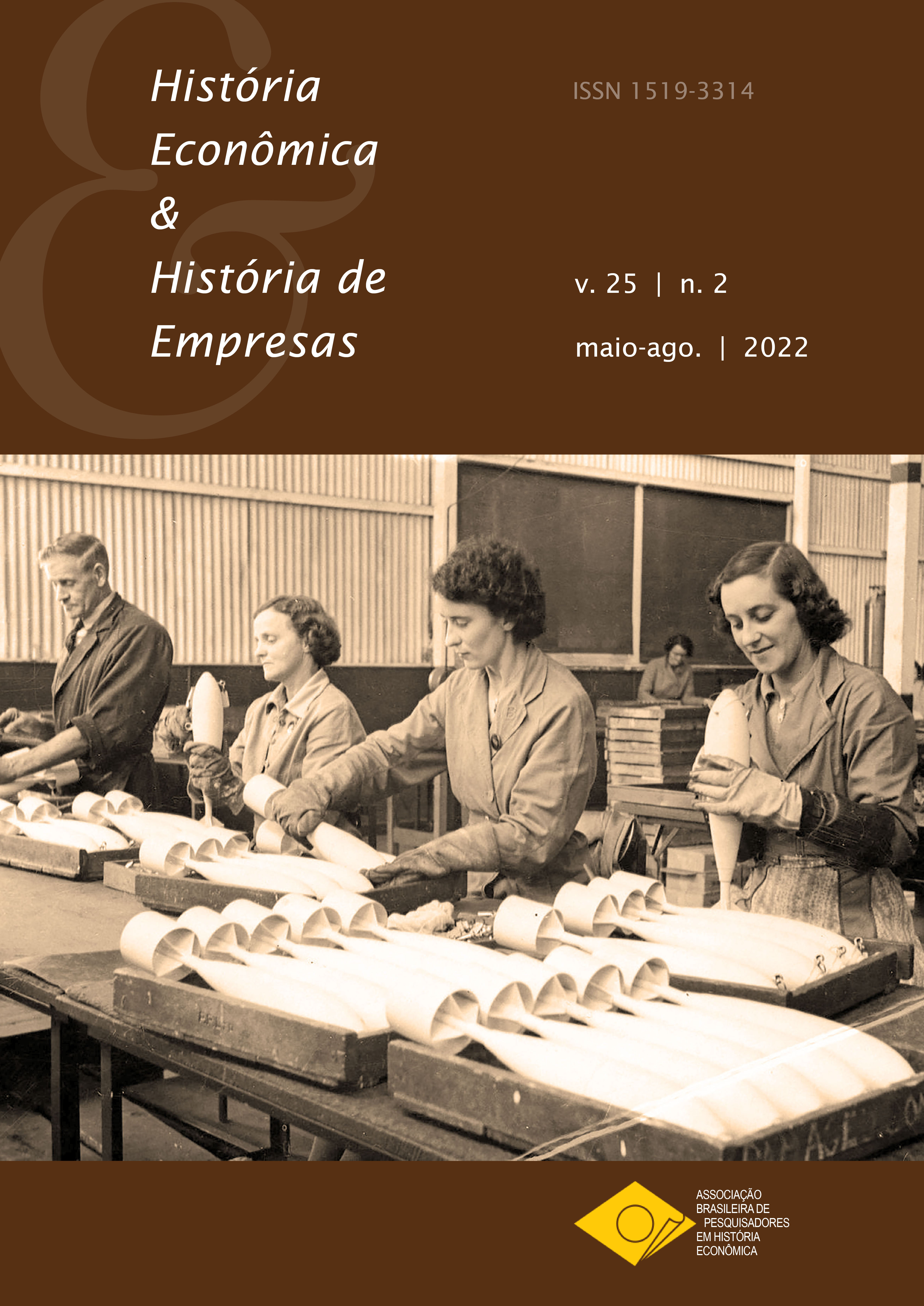Firm internationalization and the Odebrecht case: a theoretical approach
DOI:
https://doi.org/10.29182/hehe.v25i2.802Abstract
This article is intended to provide an analysis on the international practice of Construtora Norberto Odebrecht (CNO), from its first construction work – in 1979 – to mid-1990s, in the light of business studies on firm internationalization. Accordingly, we draw on a theoretical overview about two classic paradigms of internationalization – the models of Dunning and Uppsala – in addition to different contributions to this matter, such as the work of Peter Dicken. By discussing the CNO case – from the construction of Charcani VI, in Arequipa (Peru) –, we aim to raise points of dialogue as well as limitations of these models in relation to this Brazilian construction firm. In addition to the said business literature, we also approach academic and journalistic bibliography about CNO, public data, and an empiric study based on Odebrecht Informa newsletters, an internal material of the Organization. This way, we intend to argue that these models are complementary, which is critical to understand CNO’s internationalization process. The monolithic approach of business historiography is pulled away in order to reinforce that the study of firms and their practice is crucial to understand the contemporary world.
Downloads
Downloads
Published
How to Cite
Issue
Section
License
Authors retain copyright over their work, granting the journal only the right to its first publication. In addition, they are authorized to enter into separate additional contracts for the version of the work published in this journal, provided that the initial publication in this journal is acknowledged.





